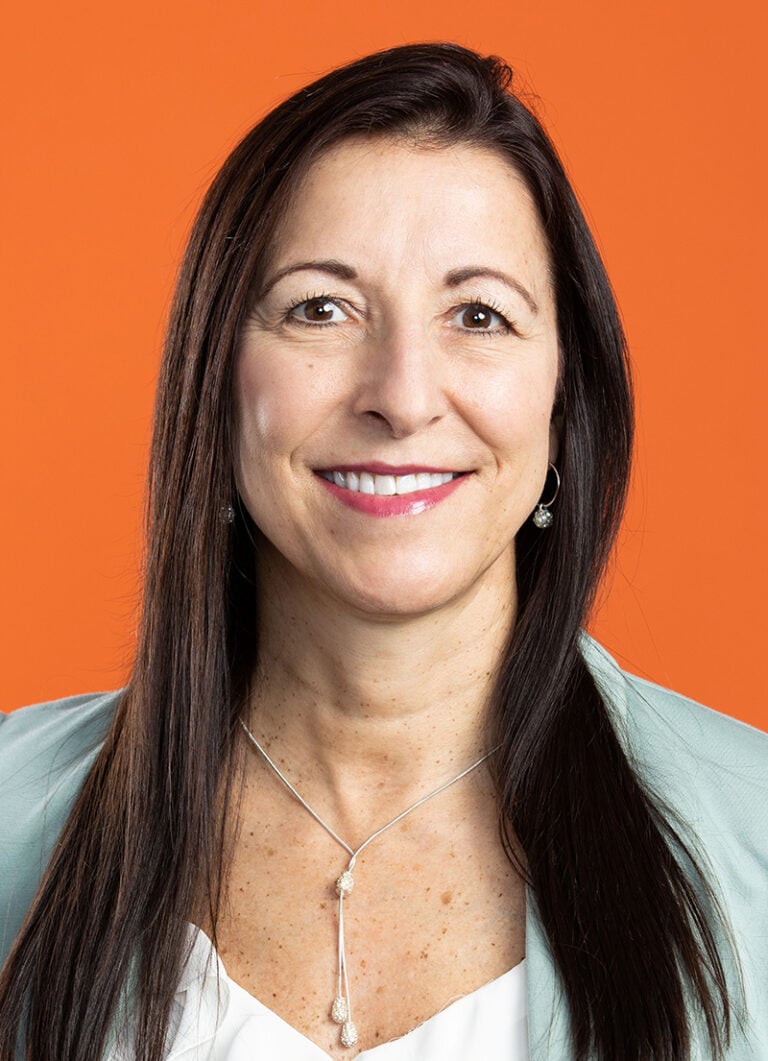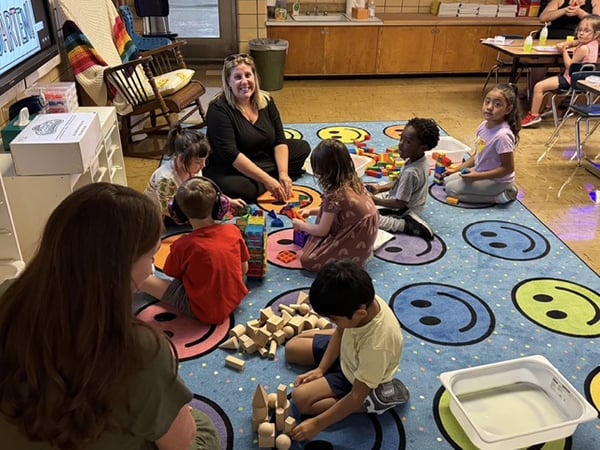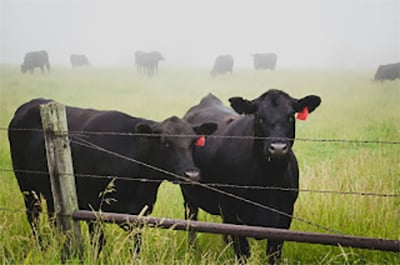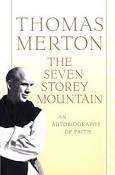by Paul A. Tenkotte
Special to NKyTribune
This is the second in a series on the connections to Kentucky of the people Pope Francis named in his historic speech to Congress on September 24. The Pope praised four Americans: Abraham Lincoln; Martin Luther King, Jr.; Dorothy Day; and Thomas Merton.
In last week’s column, we examined the life of Dorothy Day.
Day’s famous book, Loaves and Fishes, begins with a short Foreword by Thomas Merton (1915-1968) who was a contemporary and kindred spirit of Day’s.
In his foreword, he states that “Every American Christian should read Dorothy Day’s Loaves and Fishes, because it explodes the comfortable myth that we have practically solved the ‘problem of poverty’ in our affluent society.” He continues that “It is a great pity that there are not many more like Dorothy Day among the millions of American Catholics. There never are enough such people, somehow, in the Church. But without a few like her, one might well begin to wonder if we were still Christians.”
In many ways, Thomas Merton’s life paralleled that of Dorothy Day. Both lives were punctuated by a conversion experience, prompting them to apply the message of Christianity to real-world problems.
Merton was born in France. His parents were both artists, and not particularly religious. His father was from New Zealand and his mother from the United States The family moved around a great deal, between France, the US, and Bermuda.. By the time that Thomas was 16, both of his parents had died.
Thomas Merton spent quite a number of years trying to find himself. He was an avowed agnostic. On a visit to Rome, Italy in 1933, he visited a number of beautiful churches, as well as Tre Fontae, a Trappist monastery. Later that year, he entered Clare College of Cambridge University, where he partied, drank too much, and was described as a womanizer. But nothing seemed to fill the emptiness in Merton’s life.
Merton’s guardian insisted that he leave Cambridge and go to live with his mother’s relatives in New York City. He enrolled at Columbia University, graduating with a BA in English in 1938.
Merton’s time at Columbia exposed him to a wealth of literature and philosophy. He met a visiting Hindu monk, who encouraged him to read two Christian classics, St. Augustine’s Confessions and Thomas à Kempis’s The Imitation of Christ. Gradually, Merton felt himself attracted to Catholicism and converted in 1938. The following year, he received his MA in English from Columbia.
In 1940, Merton began teaching English at St. Bonaventure University in New York. In April 1941, he attended a retreat at the Trappist (Cistercian) Monastery of the Abbey of Our Lady of Gethsemani near Bardstown, Kentucky, where he felt much at home. By December of that year, he was accepted as a postulant at Gethsemani.
At Gethsemani, Merton began translating and writing. In 1948, his famous autobiography was published. Entitled The Seven Storey Mountain, it has sold a total of over one million copies in 15 different languages. Sixty more books followed, including Seeds of Contemplation.
Merton’s writings covered a wide variety of contemporary social issues, including poverty, modern warfare, nuclear armaments, and civil rights. In 1968, he toured Asia and met the Dalai Lama. Merton died in Bangkok, Thailand, electrocuted as he stepped out of a bathtub onto a floor with an electric fan. He was buried at Our Lady of Gethsemani Abbey in Kentucky.
After a long search, Thomas Merton had found himself at Gethsemani in Kentucky. And in his books, he helped millions more to find themselves. His answer was simplicity itself, paralleling what great Buddhist monks and other spiritual thinkers had been stating for centuries.
As Merton wrote in Seeds of Contemplation: “Every one of us is shadowed by an illusory person: a false self. This is the man that I want myself to be but who cannot exist, because God does not know anything about him. . . . Therefore there is only one problem on which all my existence, my peace and my happiness depend: to discover myself in discovering God. If I find Him, I will find myself and if I find my true self I will find Him.”
Paul A. Tenkotte (tenkottep@nku.edu) is Professor of History and Director of the Center for Public History at NKU. With other well-known regional historians, James C. Claypool and David E. Schroeder, he is a co-editor of the new 450-page Gateway City: Covington, Kentucky, 1815-2015, now available at your local booksellers, the Center for Great Neighborhoods in Covington and online sellers.
See also:
Paul Tenkotte’s earlier NKyTribune story on Dorothy Day





















For more on Merton take a look at this website put together by someone who was one of his novices back in the 50’s: mertonocso.wordpress.com